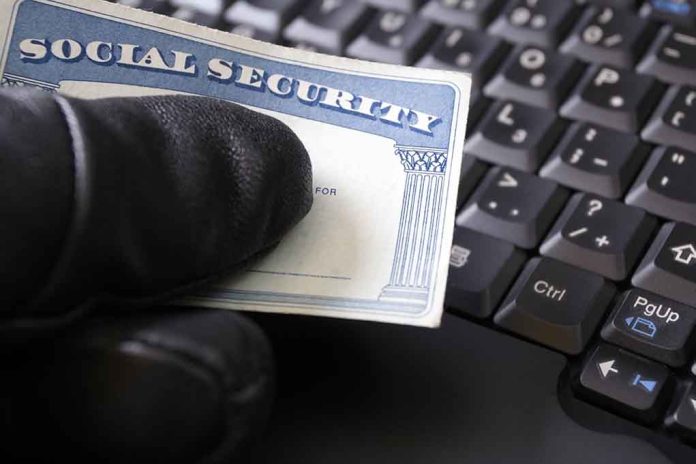
Can Identity Thieves Be Sued? Know The Facts
(WatchDogReport.org) – With much of the world online, there’s always a chance someone could steal another person’s identity. If successful, the thief could take money, obtain credit, or commit other crimes under the stolen identity. Considering the act could financially devastate the victim and cause a lot of headaches cleaning up the mess, you might wonder if you can sue the criminal.
The short answer is yes. Unfortunately, many of these crimes go unsolved because the perpetrator exists in anonymity online or possibly in a foreign country. So, the question isn’t whether or not a victim can sue, but who to sue and will they recover any monetary damages.
Suing for Identity Theft
In 2020, victims of identity theft lost a whopping $712.4 billion throughout the year, which was up by over $200 billion from the previous year and is only expected to increase. If caught, the criminals could face many charges, including various types of fraud, and see some significant jail time.
But, what about a civil suit? Likely, the thief already spent the money they stole, so it stands to reason a civil suit could go a long way in helping the victim financially recover. Unfortunately, many people who steal identities for financial gain don’t have money to garnish, but there could be a way to recover at least some of the funds.
If the identity theft was due to the negligence of a financial institution or business, they could be liable for damages. Consider looking at organizations that didn’t protect your personal data as much as it could have and are responsible for turning your life upside down. The businesses could be guilty of negligence, breach of fiduciary duty, emotional distress, or fraud. If proven, that could mean compensatory and punitive compensation for the victim to help put their life back together.
How to Prevent Theft
There’s not much you can do to prevent hackers from stealing your personal information from a business, but there are other ways to protect sensitive data. When throwing away papers like credit card statements or offers, insurance documents, medical papers, or anything else with information someone else could use to assume your identity, use a shredder. Never click on a link in emails from someone you don’t know, and don’t give out anyone’s social security number unless you absolutely know it’s safe to do so.
Along the same lines, don’t carry your social security card around with you, and be sure to rotate passwords online on a regular basis. Also, take care not to use the same passwords across many platforms because doing so will make it easier for hackers to steal your data. Finally, invest in antivirus software for each computer you own, including your phone.
If you suspect someone stole your identity, freeze your assets and contact the authorities and a lawyer right away. Quick action could lessen the overall impact of the theft on your life, and an attorney can guide you on the next steps for recovery.
Copyright 2022, WatchDogReport.org




